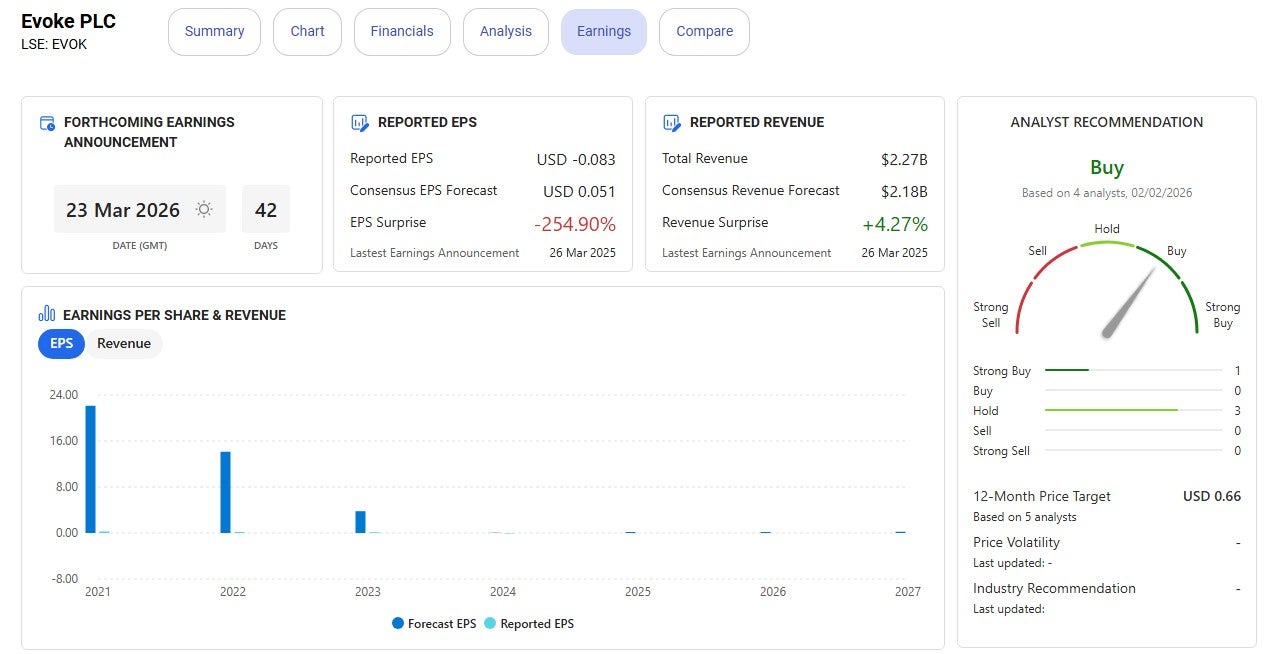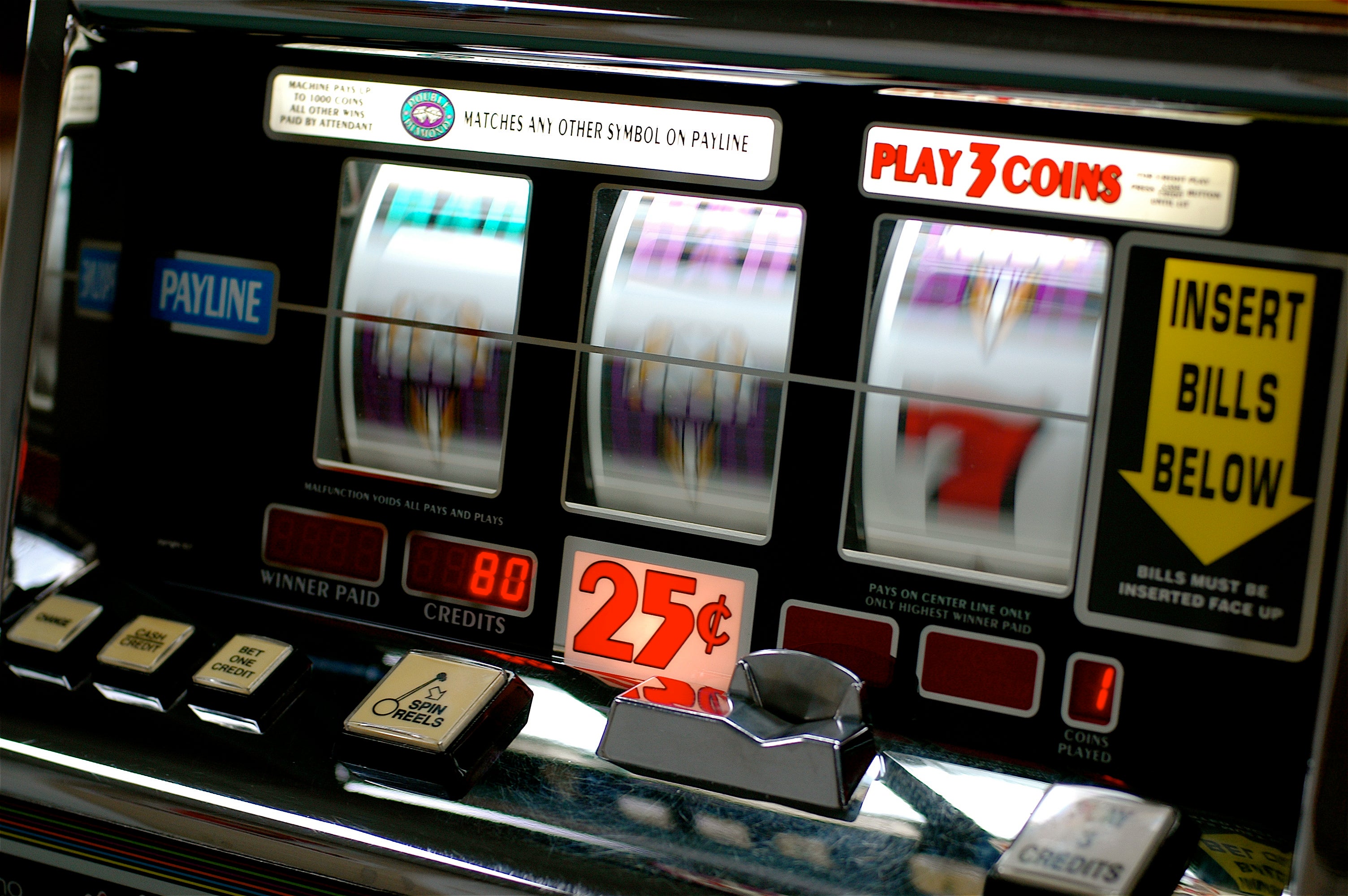Interest leads to inaction
Texas has been under immense pressure from executives in the gambling industry to legalize casino gambling and sports betting due to the massive possibilities that would be created.
With an estimated population of 31.3 million (as of July 2024), Texas has the second-highest number of residents of any state in the U.S. Only California (39.4 million) has more.
For comparison, New York generated $2.1 billion in gross gaming revenue and more than $1 billion in tax payments in 2024 only from sports betting. The state is also going to license three downstate casinos for operation before the end of the year, and those properties are expected to generate at least $1 billion in annual gaming revenue each.
Those numbers are despite New York having a population of 19.9 million people, about 63.5 percent of Texas’s.
Despite the heavy interest in legalizing different forms of gambling, Texas has not made much progress with sports betting or casino proposals. A 2023 bill to legalize sports betting passed the House with a 101-42 vote but died in the Senate. An amendment to allow casino gambling failed a vote in a lower chamber, needing 100 votes to pass, 92-51.
Patrick is expected to retain his position
Patrick was formerly a member of the Texas Senate from 2007-2015. Lieutenant gubernatorial elections, which will determine if Patrick gets to spend up to 16 years in his current position, will take place on Nov. 3, 2026.
“I’m all in," Patrick said. “I’ve always been all in.”
It would take an awful lot to change Patrick’s stance on gambling, which he considers to be part of “sin industries.”
Another market he has in his crosshairs is THC cannabis producers and outlets. Texas outlawed medicinal and recreational marijuana, but it is still available for patients suffering from 10 different types of illnesses or conditions via the state’s Compassionate Use Program.
Patrick was already endorsed by President Donald Trump for the 2026 election.
Republicans also control 88 of 150 (59.7 percent) of the seats in the state House, along with 20 of the 31 (64.6 percent) of the positions in the state Senate.























.jpg)











